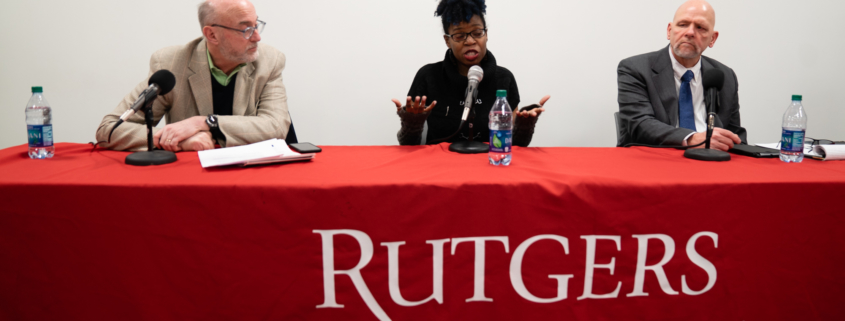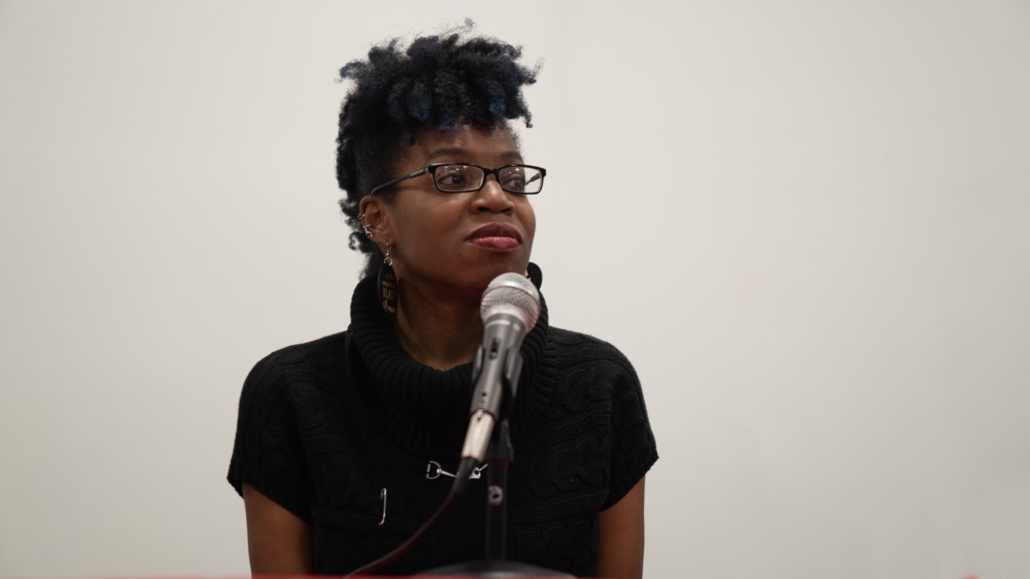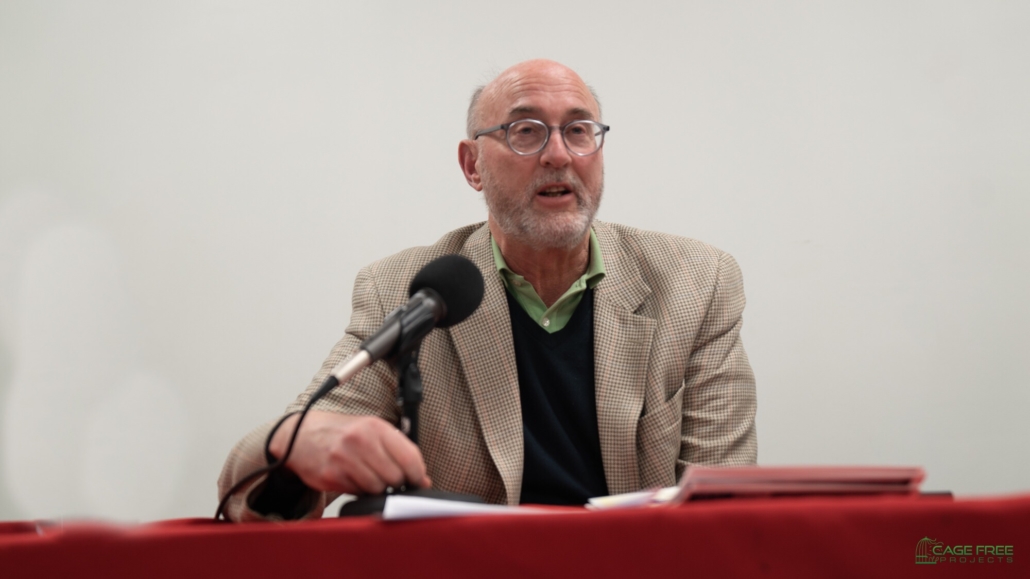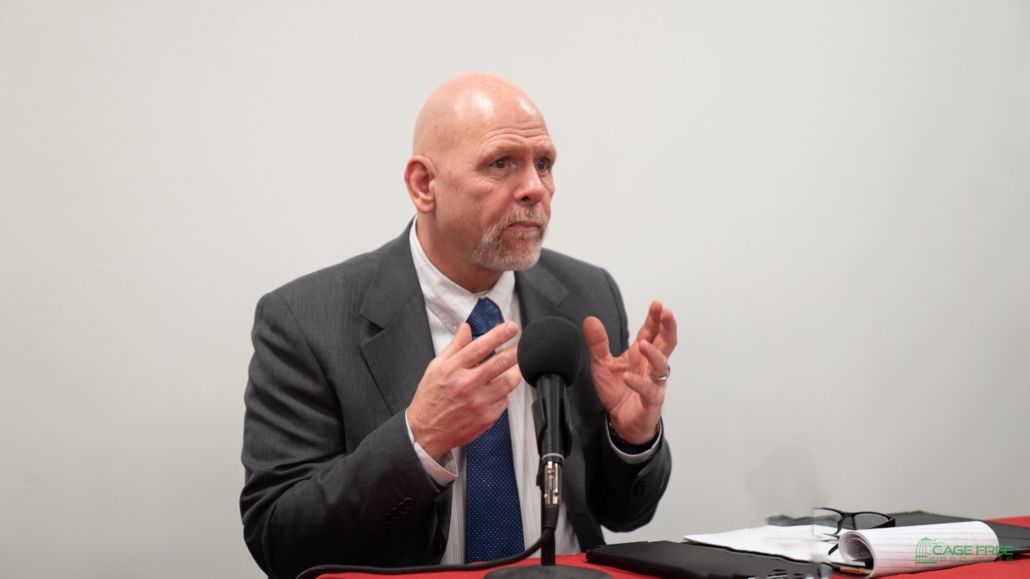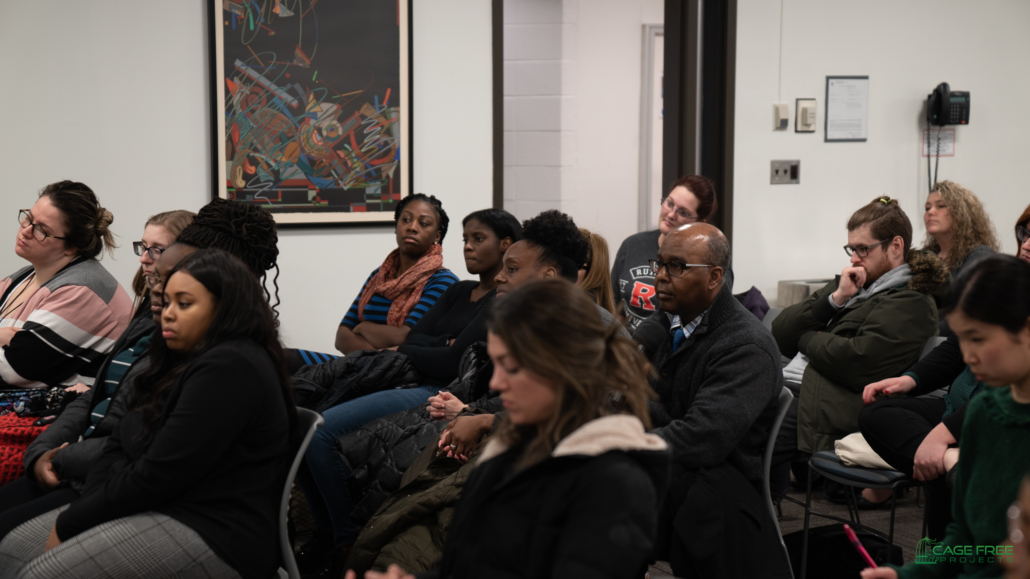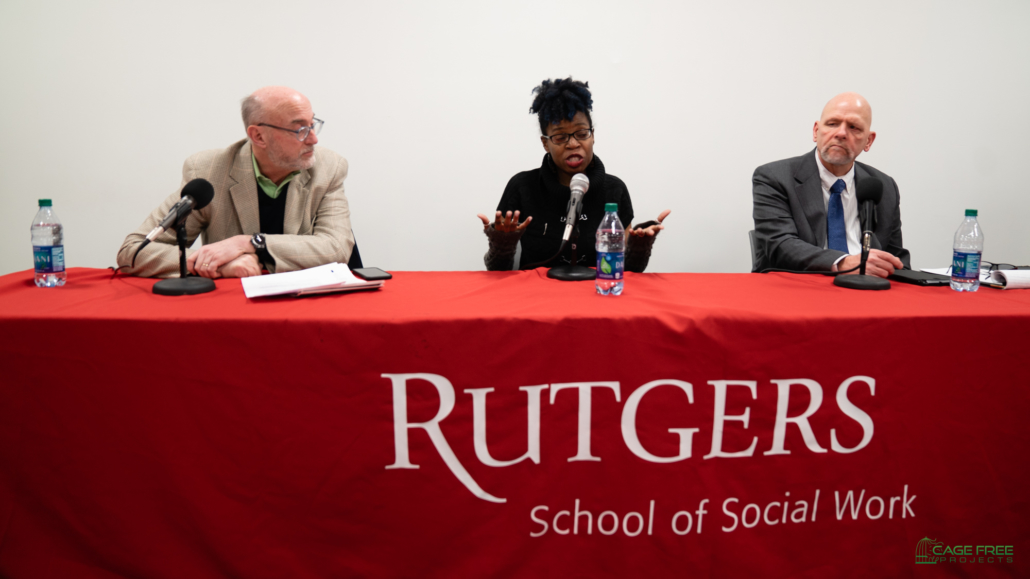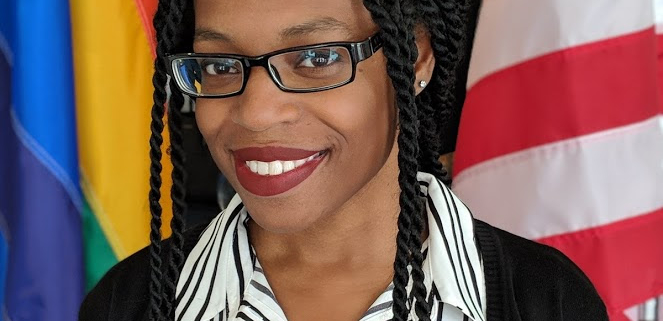Almost 10 percent of all students attend “apartheid schools,” where 99 percent or more of the student body is nonwhite

The unflattering ranking has grown all too familiar: New Jersey is home to some of the most segregated public schools in the country.
The latest statistics come courtesy of report released last week by the Civil Rights Project at UCLA, an organization that has tracked school segregation nationwide for decades and consistently found New Jersey in the bottom 10.
The new numbers offer some striking facts:
For instance, the percentage of New Jersey schools that are 90 percent nonwhite has doubled since 1990 to one-in-five. Those that are 99 percent or more nonwhite has also doubled to 8 percent of all schools.
A quarter of black students now attend such schools, labeled in the report as “apartheid schools.”
“While New Jersey has taken historic steps to equalize funding for high-poverty schools, segregation has gone largely unchecked,” said Gary Orfield, the director of the Civil Rights project.

This comes as New Jersey itself has only grown more diverse. For the first time in the project’s tracking, white students made up a minority of overall enrollment, at 46 percent of all students in 2015-2016. At the same time, the proportion of Hispanic (26 percent) and Asian (10 percent) students both continued to grow.
Coupled with a sizable but shrinking African-American enrollment (16 percent), the project defined New Jersey as a “four-race” state when it came to student makeup.
New Jersey has plenty of company, according to the chief author of the report, with few states showing much progress.
“In some cases, it’s at least not getting worse,” said Orfield, who has been tracking the numbers for more than 20 years.
Still, he said the issue is starting to generate new attention in many states, if not new policy. “There is developing intensive conversation around this,” he said. “We are getting more requests and more interest than we have in a long time.”
New Jersey is one such a state, albeit with little as yet coming out of the politicians or policymakers in terms of remedies.
The issue was hardly on the radar for Gov. Chris Christie in his past eight years of office, and Gov.-elect Phil Murphy has yet to say much about what he would do concerning segregation of the state’s schools.
When asked by NJ Spotlight at the first of the gubernatorial debates this fall about his position on school consolidation and regionalization as one remedy, Murphy did decry the wide disparities.
“The reality is that we are the most or among the most segregated states in the nation,” he said.
But Murphy was less clear on what steps would come next, placing a common blame on segregated housing patterns and also claiming additional school funding would help.
“With all due respect, getting those two policy areas in the right place would be a big way in getting at the segregated state we’re in,” Murphy said.
Beyond that, the governor-elect only called for more attention to shared services between districts and maybe the appointment of a “czar” to shepherd such efforts statewide.
Legislators have yet to pay much attention, either, and the question comes next to whether New Jersey’s courts will get involved. The state’s constitution specifically prohibits segregation in the public education system, opening a window for a challenge that has yet to be raised.
Orfield said that while he presses for voluntary methods, the courts may provide a lasting remedy. He pointed to a state court order in Connecticut that has led to widespread desegregation efforts.
“The state courts can do a lot, just look at Connecticut,” Orfield said. “The state courts are the one place where people may start to pay attention.”

